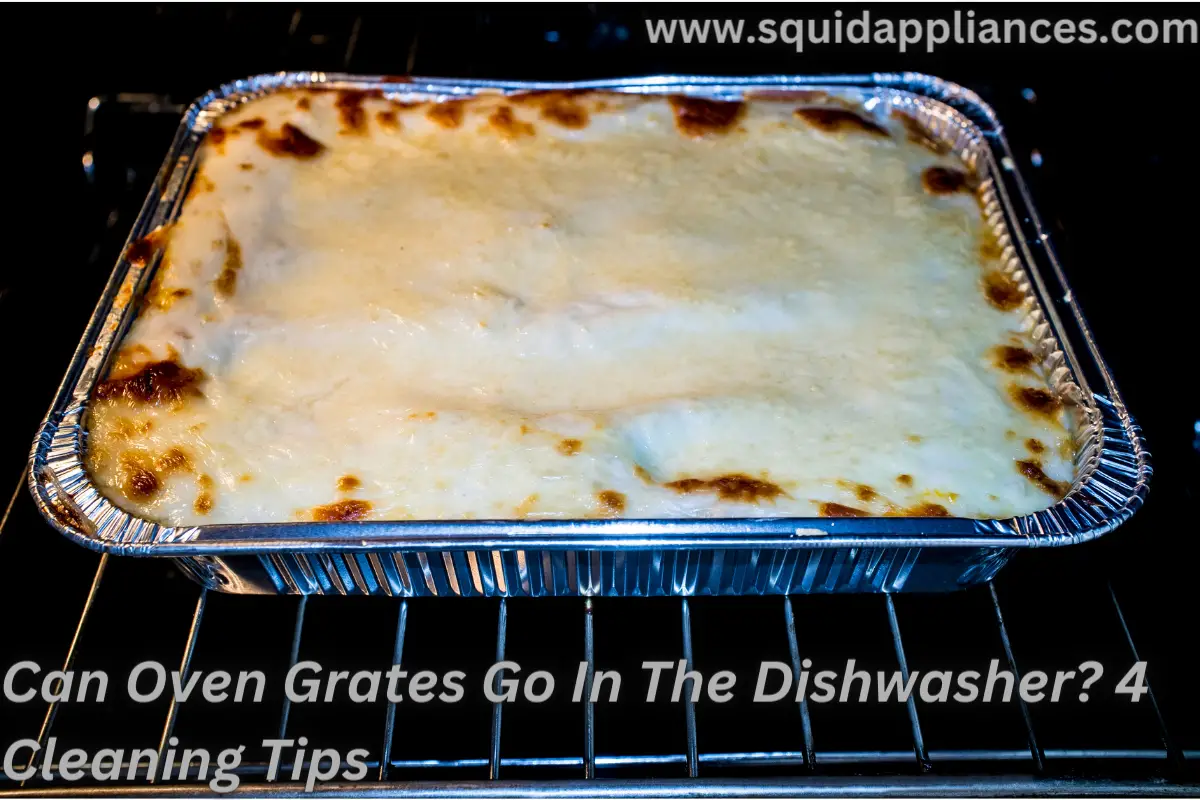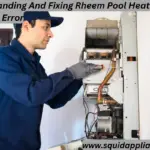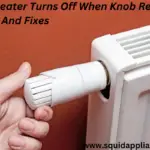Hey there! Have you ever wondered if your oven grates can go in the dishwasher? Well, I’ve got some great news for you – they absolutely can!
In this article, I’m going to share with you four cleaning tips that will make your life a whole lot easier when it comes to cleaning those stubborn oven grates.
First things first, it’s important to understand the material of your oven grates. This knowledge will help you determine the best cleaning method and prevent any potential damage. Once you know what you’re working with, it’s time to prepare your oven grates for dishwasher cleaning. This step is crucial in ensuring a thorough clean.
Next up, we’ll dive into using the proper dishwasher cycle for your oven grates. Different cycles are designed for different types of dirt and grease, so it’s important to choose wisely. And if you encounter any stubborn stains or grease that won’t budge, don’t worry – I’ve got some handy tips and tricks to help remove them.
Lastly, I’ll guide you on how to properly dry and maintain your oven grates after washing them in the dishwasher. This step is vital in preventing rust and keeping them looking as good as new.
So buckle up and get ready for some expert advice on cleaning your oven grates in the dishwasher!
Can Oven Grates Go In The Dishwasher?
Yes, oven grates can go in the dishwasher, but it depends on their material. Stainless steel grates are generally dishwasher-safe, while cast iron or porcelain-coated grates may need hand washing. Pre-soak, choose the right cycle, tackle stubborn stains with vinegar or baking soda, and ensure thorough drying to maintain them effectively.
Key Takeaways
- Oven grates can be cleaned in the dishwasher, but it is important to check the material and manufacturer’s instructions first.
- Stainless steel grates can be safely washed in the dishwasher, while cast iron or porcelain-coated grates may require hand washing.
- Pre-soaking the grates in warm soapy water can help loosen stubborn grease or food particles before scrubbing.
- Alternative cleaning methods include using vinegar and water soak, baking soda paste, or lemon juice spray to remove tough stains and grease.
Understanding the Material of Your Oven Grates
Did you know that understanding the material of your oven grates is crucial when deciding if they can go in the dishwasher? Cleaning methods for oven grates vary depending on their material.
It’s important to avoid damage by using appropriate cleaning techniques. For example, stainless steel grates can typically be washed in the dishwasher without any issues, while cast iron or porcelain-coated grates may require hand washing to prevent chipping or rusting.
Always check the manufacturer’s instructions for the best cleaning method.
Preparing Your Oven Grates for Dishwasher Cleaning
Before you load them into the dishwasher, make sure your oven grates are ready for a thorough cleaning. Here are some tips to prepare your oven grates for dishwasher cleaning:
- Pre-soaking method: Soak the grates in warm soapy water for about 15 minutes to loosen any stubborn grease or food particles.
- Scrubbing: Use a scrub brush or sponge to remove any remaining debris from the grates.
- Vinegar solution: For tough stains, create a mixture of equal parts vinegar and water and soak the grates overnight.
- Baking soda paste: Make a paste using baking soda and water, apply it to the grates, and let it sit for 30 minutes before scrubbing.
- Alternative cleaning methods: If your oven grates are not dishwasher safe, consider using oven cleaner sprays or the self-cleaning mode on your oven.
Using the Proper Dishwasher Cycle
To ensure sparkling clean results, make sure you choose the appropriate cycle and let your dishwasher work its magic. The proper dishwasher maintenance is essential for keeping your oven grates clean and in good condition. While it may be tempting to put them in the dishwasher, hand washing is actually a better option.
Hand washing allows you to thoroughly scrub away any stubborn grease or residue, ensuring a more thorough clean. Additionally, it reduces the risk of damage to your grates that can occur in the dishwasher’s high heat and water pressure.
Removing Stubborn Stains and Grease
Get rid of those stubborn stains and grease on your oven grates with these simple yet effective techniques! Here are three natural cleaning solutions that can help you tackle even the toughest messes:
- Baking Soda Paste: Mix baking soda with water to create a paste, then apply it to the stained areas. Let it sit for 15 minutes before scrubbing off the grime.
- Vinegar Soak: Fill a sink or large container with equal parts vinegar and water, then soak the oven grates for about an hour. The acidity of vinegar helps break down grease and stains.
- Lemon Juice Spray: Squeeze fresh lemon juice onto the greasy spots and let it sit for 10 minutes. The citric acid in lemon juice works as a natural degreaser, making it easier to wipe away the stains.
These effective cleaning methods using natural solutions will leave your oven grates looking brand new without any harsh chemicals involved!
Drying and Maintaining Your Oven Grates
Once your oven grates are clean and sparkling, it’s important to ensure they are thoroughly dried and properly maintained to prevent any rust or damage. To effectively dry your oven grates, you can either air dry them or use a towel to pat them dry. Avoid leaving them wet as this can lead to rust formation.
Additionally, applying a thin layer of cooking oil after drying can help prevent rusting in the future.
| Drying Methods | Preventing Rust |
|---|---|
| Air drying | Apply cooking oil after drying |
| Patting dry with a towel | Store in a dry place |
| Avoid using abrasive cleaners |
Remember, proper maintenance is key for prolonging the lifespan of your oven grates and ensuring they perform optimally.
Frequently Asked Questions
Can I use any type of dishwasher detergent to clean my oven grates?
No, it is not recommended to use regular dish soap or dishwasher tablets to clean oven grates. These products may not be strong enough to remove tough grease and grime. It’s best to use a specialized oven cleaner for effective results.
Is it safe to use a dishwasher with stainless steel oven grates?
It is safe to use a dishwasher for stainless steel oven grates. The benefits include convenience, thorough cleaning, and sanitization. However, if you prefer alternatives, you can also clean them with warm soapy water or using a vinegar and baking soda mixture.
How often should I clean my oven grates in the dishwasher?
I recommend cleaning your oven grates by hand every 1-3 months, depending on usage. Vinegar can be an effective natural cleaner for removing grease and residue. Avoid using abrasive materials that could damage the grates.
Can I put oven grates with a non-stick coating in the dishwasher?
No, it is not recommended to put oven grates with a non-stick coating in the dishwasher. The high heat and harsh detergents can damage the coating. Instead, try alternative methods for cleaning such as soaking in warm soapy water or using a vinegar and baking soda paste.
Should I remove any detachable parts from the oven grates before putting them in the dishwasher?
Yes, it is recommended to remove any detachable parts from the oven grates before putting them in the dishwasher. Soaking them beforehand can help loosen stubborn grease. Vinegar can be used as a natural cleaner for oven grates.
Conclusion
In conclusion, oven grates can indeed go in the dishwasher, but it’s important to understand the material they’re made of and take proper precautions. By following these cleaning tips, you can ensure that your oven grates come out sparkling clean and free from stubborn stains and grease.
Remember to always use the appropriate dishwasher cycle for your specific grates and take care to dry and maintain them properly afterwards. With these tips, keeping your oven grates clean will be a breeze!






